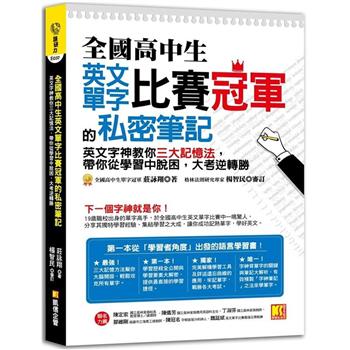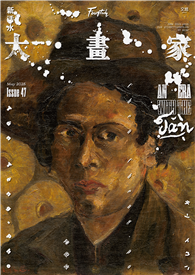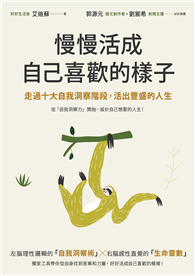This book recalls masking efforts in response to the Spanish flu epidemic. Masking the population as an ineffective response to disease by public health officials and political bureaucrats at various levels of jurisdiction reached its zenith in 2020. However, it began a century earlier during the Spanish flu epidemic of 1918-1919. In both cases, masking was not the first response made by the officials. In both cases, it was introduced as part of the second round of responses after the first round had failed.
During 1918 the imposition of masking was done by legal mandate in some areas, by hectoring and whining on the part of officials in other areas, and by gentle and not so gentle public persuasion involving the use of "good" examples. Military members were mainly forced to don masks. Since there were bases, camps, and cantonments all over America as the war was ongoing, it was hoped an example would be set for the general public. Post office clerks who dealt with the public were often forced to wear masks; it was one of the few areas where the federal government had the power to impose masking. Some areas used masking almost not at all, such as the New England states. Other areas, such as the Pacific, forced masking on much of the population. Some public health officials did not subscribe to any of the imposed measures, such as Dr. Royal Copeland, the New York City Health Commissioner, and Dr. Rupert Blue, the United States Surgeon General.











